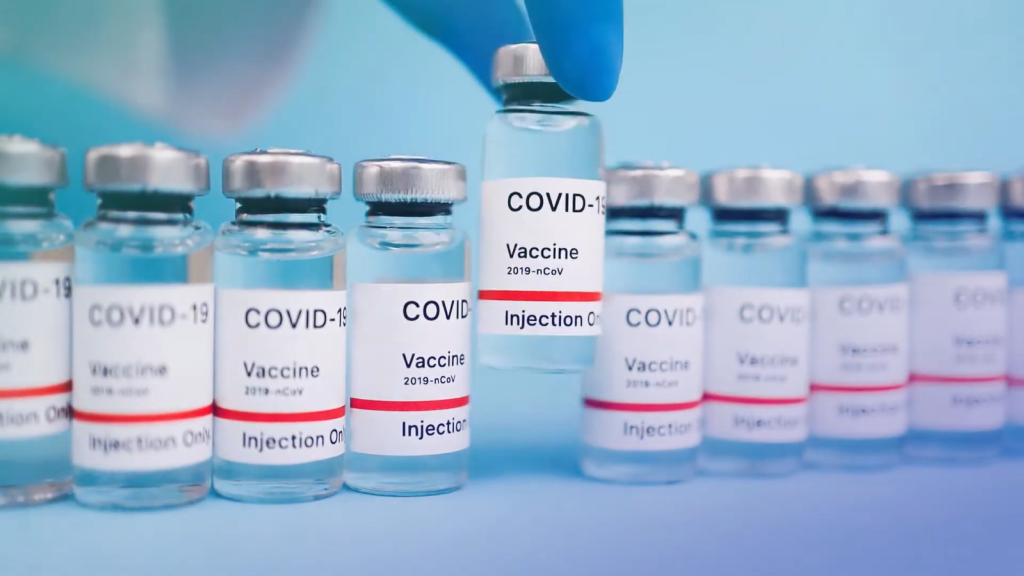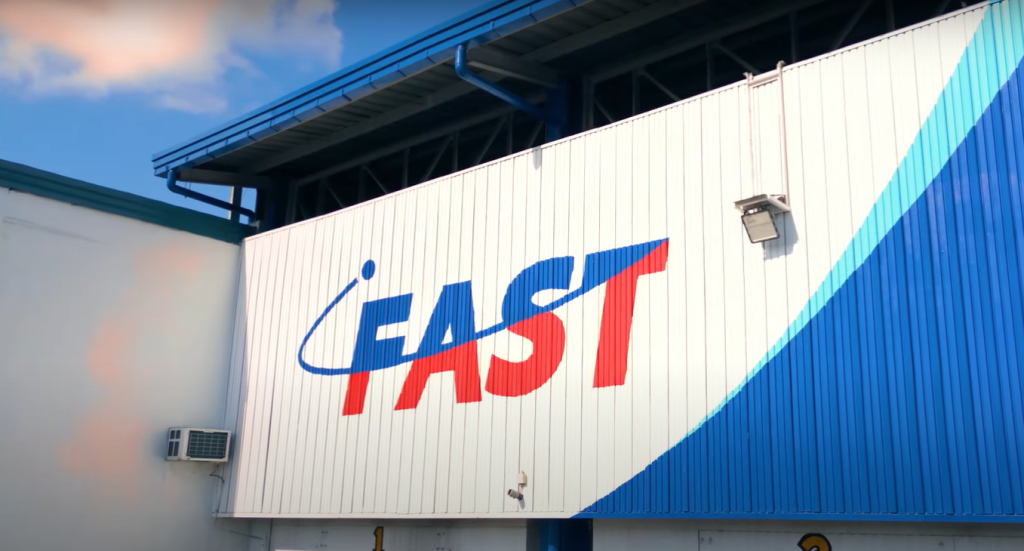
Ensuring the quality of food products, particularly agricultural produce and perishable commodities, is crucial for agribusinesses in the Philippines. With the growing need for food, effective storage and preservation methods have become paramount in maintaining food safety and extending product shelf life.
Hence, innovative cold storage solutions are needed in the agribusiness sector to provide companies, entrepreneurs, and Filipino farmers with the ability to store their products under optimal conditions. These facilities not only maintain the freshness and quality of food products but also offer numerous benefits that contribute to the growth and sustainability of the agriculture sector.
What is Cold Storage
Cold storage, often referred to as refrigerated warehouses, are specialized facilities designed to preserve goods or products that require environment-controlled conditions. These facilities are equipped with cooling systems and technology to control temperature, humidity, and other environmental factors to prevent spoilage, decay, and microbial growth. It comes in various sizes and configurations, ranging from small-scale refrigerated rooms to large warehouses.
Cold storage is commonly used to store food such as fruits, vegetables, dairy products, meat and poultry, seafood, and other perishable goods. In addition, it is essential for storing and preserving temperature-sensitive pharmaceutical products and biological samples. It also helps in maintaining the efficacy, stability, and safety of vaccines and biological samples.
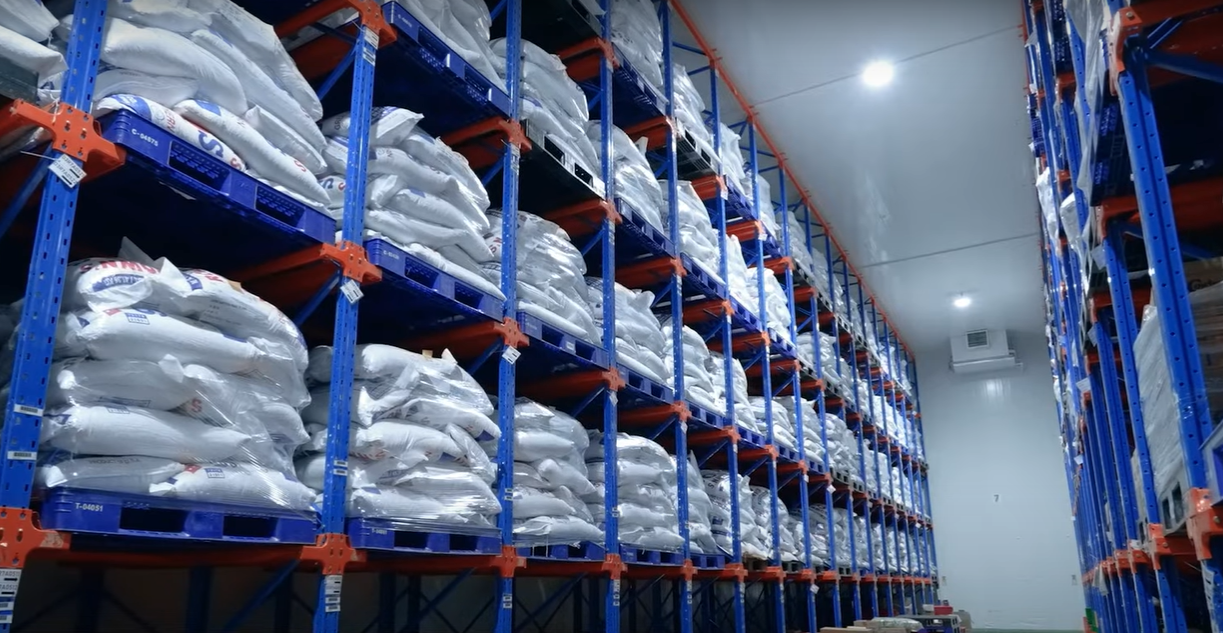
The Need for Cold Storage Facilities in Agribusiness
The necessity for cold storage for agribusinesses in the Philippines arises from a variety of factors. Below are some key reasons.
Perishable Nature of Agricultural Products
Fruits, vegetables, crops, and livestock have limited shelf life. Without proper storage conditions, these commodities may be spoiled, resulting in significant losses for farmers, consumers, and suppliers. Cold storage helps in extending its shelf life and maintaining its quality.
Market Demand and Seasonal Variations
Fluctuations in food prices, market demand, and seasonal variations in agricultural production require the storage of excess produce during peak seasons which can be used during off-seasons. This drives the demand and investment for cold storage facilities in developing countries such as the Philippines.
Globalization and Export Opportunities
Increasing international trade and more access to export opportunities for agricultural products require cold storage facilities to meet stringent quality and safety standards, driving the demand for temperature-controlled cold storage units and distribution solutions.
Regulatory Compliance
Cold chain hubs provide controlled environments with precise temperature and humidity levels, which are essential for preserving the quality and safety of perishable food products. By maintaining optimal storage conditions, these facilities help agribusinesses minimize risks of food contamination and meet regulatory requirements for food safety standards.
FAST Logistics Group offers sophisticated cold chain solutions tailored to client needs, integrating refrigerated transportation and cold storage facilities for both frozen and chilled products. Our comprehensive services extend to blast freezing, meat processing, packaging, and dry warehousing for non-refrigerated items, ensuring customers a full spectrum of logistic solutions.
Building Consumer Trust
Cold storage facilities that adhere to stringent food safety standards often undergo regular audits and certifications. By storing their products in certified facilities, agribusinesses can demonstrate to consumers their commitment to food safety and regulatory compliance.
The Cold Chain industry in the Philippines has grown rapidly over the years. Capacity-building activities have surpassed expectations from the National Cold Chain Industry Roadmap launched in 2020, as the industry saw a capacity growth of 8 to 10% per year over the last four years.
Importance of Cold Storage in Agribusiness
The integration of cold storage in the agribusiness sector offers numerous benefits, making it an indispensable part of the supply chain. Here are some key advantages.
Extending Shelf Life
When fruits, vegetables, and other agricultural products are stored in cold chain hubs, the low temperature slows down the the rate of biological and chemical reactions that cause spoilage including respiration, enzyme activity, and microbial growth. By keeping products at low temperatures, cold storage helps to preserve the quality, freshness, and safety of the crops and agricultural products, allowing them to be stored for longer periods and transported to distant markets without spoilage.
Maintaining Product Quality
Temperature-controlled storage solutions provide the perfect conditions for preserving agricultural products, ensuring their quality is maintained. By regulating temperature, humidity, and other environmental factors, cold storage facilities are crucial in halting sprouting, ripening, and microbial growth that could otherwise jeopardize the safety and quality of the produce.
Improved Food Safety
Cold storage facilities play a crucial role in our food security and in maintaining the safety and integrity of food products. By inhibiting bacterial growth, cold chain solutions help to reduce contamination risks, ensuring that consumers receive safe and healthy food.
Reducing Food Waste and Losses
By extending the shelf life of the produce fresh and agricultural products, cold storage solutions contribute to the reduction of food waste while helping farmers and entrepreneurs avoid post-harvest losses, ultimately improving their profitability.
Supply Chain Efficiency
Innovative cold chain services contribute to the efficiency of the supply chain by minimizing waste, optimizing inventory management, and reducing product lead times. This translates into cost savings, improved productivity, and enhanced customer satisfaction for agribusinesses.
Meeting Food Safety Standards
Companies engaged in exporting fresh produce need to comply with international food safety standards, making it imperative to invest in reliable cold chain services. These facilities help to ensure that their fresh produce products meet the necessary quality and safety standards, enhancing their marketability and sales in global markets.
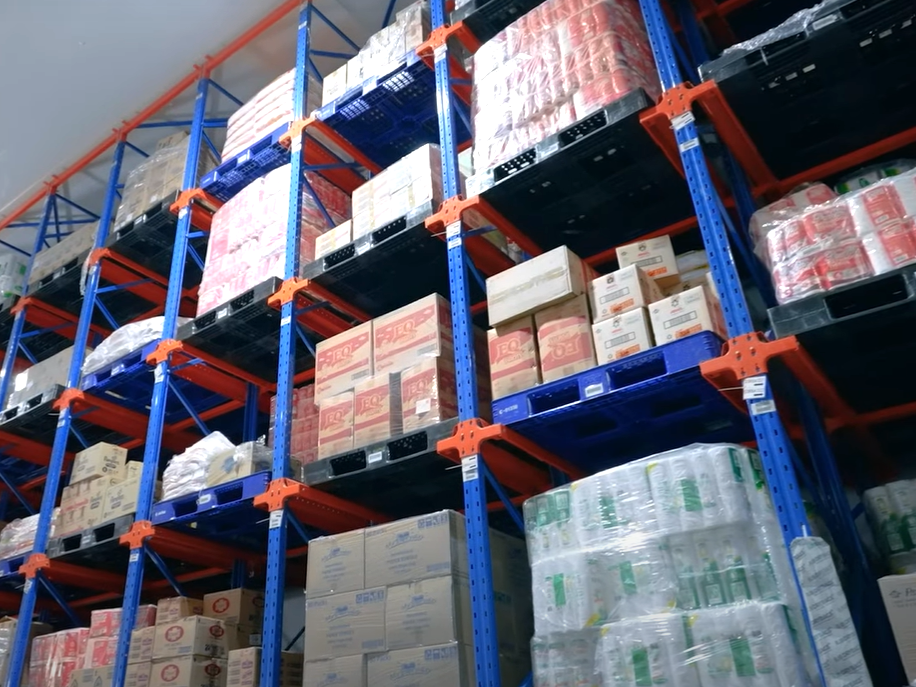
Choosing the Right Cold Storage for Agribusiness
Cold chain in the Philippines is more than just a link in the supply chain. Instead, it is a vital element that ensures the safety, quality, and integrity of temperature-sensitive products. By understanding the unique set of capabilities of cold storage facilities in the Philippines, agribusinesses can select the right cold chain partner that aligns with their logistical needs. Here are key considerations for enterprises when choosing a cold chain partner for business:
Assess the Product Requirement
Various products necessitate distinct optimal storage conditions. Some agricultural products flourish in environments with high humidity, provided they are not subjected to freezing temperatures, while others require dry storage. It is crucial to identify the right cold storage service tailored to the unique needs of each product.
Ensure Precise Storage Environments
Agribusinesses ought to collaborate with logistics partners capable of maintaining the precise and consistent temperature and humidity conditions their products require. This capability ensures that their products remain safe for consumption.
Evaluate the Facility’s Location and Access to Markets
Opting for a cold storage facility near target markets diminishes transportation expenses and guarantees prompt product delivery. It also minimizes transit time, thereby reducing the risk of product spoilage or damage, while empowering agribusinesses to broaden their market reach.
Review Compliance Certifications
A trustworthy cold chain partner must possess certifications from esteemed organizations, demonstrating compliance with both international and local safety and quality standards. This guarantees that the cold storage facility adheres to rigorous protocols, ensuring food safety and consumer protection.
Take Advantage of Real-Time Monitoring
Agribusinesses should take advantage of real-time monitoring before partnering with a cold chain facility to ensure the safety and quality of their products throughout the supply chain. Real-time monitoring allows for immediate detection of temperature fluctuations or other issues, enabling prompt corrective action to prevent spoilage and maintain product integrity.
FAST ColdChain Hubs are outfitted with advanced temperature and humidity sensors, accessible via mobile or web platforms, allowing companies, consumers and businesses to monitor their goods even from remote locations.
Examine Prices
Some cold chain providers offer flexible pricing mechanisms for companies and businesses. It is important to evaluate the pricing models of different cold storage providers and choose one that fits the business’ budget and product requirements.
FAST charges its clients daily per pallet, offering flexible cold storage units and transportation solutions that accommodate anything from a single pallet to 10,000 pallets, for durations ranging from one day to three months, or even up to a year. This adaptability makes their cold storage solutions perfectly suited for businesses of all sizes.
Consider Environmental Impact
Agribusinesses should evaluate the environmental impact of cold chain facilities before partnering with them to ensure alignment with sustainability goals. This includes considering factors such as greenhouse gas emissions, energy sources, chemical usage, and waste management practices.
FAST operates a cold chain hub in Cavite, powered by solar energy. This not only reduces energy consumption from warehouse activities but also enhances the facility’s contribution towards environmental sustainability.
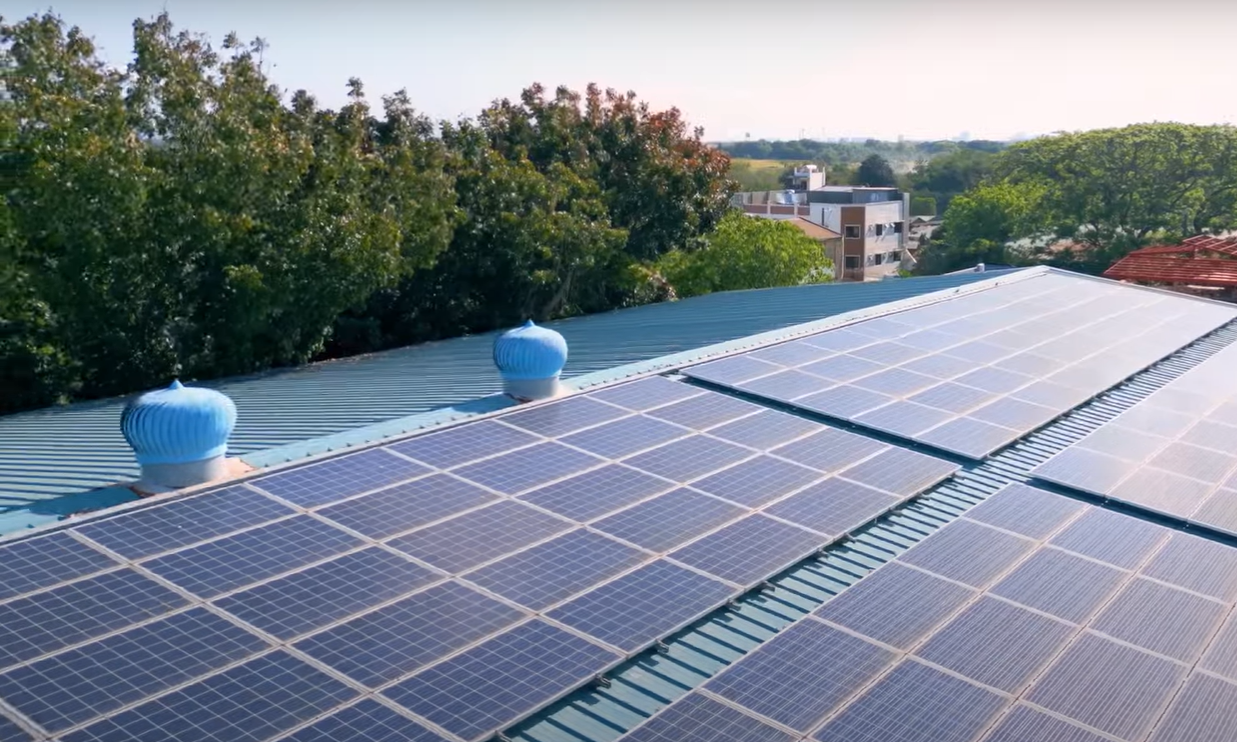
Reliable Cold Chain Solutions
Investing in reliable cold storage solutions is crucial for agribusinesses to ensure food safety, reduce waste and losses, enhance supply chain efficiency, meet international standards, and ultimately improve profitability. These services not only contribute to the growth of the agribusiness and agriculture sector but also ensure the safety of fresh produce and food products for consumers.
FAST Logistics Group, a leader in end-to-end logistics, offers reliable and customized cold chain solutions for various business requirements through its brand, “Fresh by FAST.” FAST ColdChain Hubs operate at four distinct temperatures — frozen, chilled, air-conditioned, and dry — with an impressive capacity of 30,000 pallets. Such capability makes FAST the leading provider of cold storage solutions for various businesses.
FAST also leverages Warehouse Management System to efficiently manage and supervise all of its warehouse activities, including those within the cold chain infrastructure.
With over 50 years of industry leadership, FAST Logistics Group is the leading end-to-end logistics company in the country that offers a comprehensive range of warehouse and transport solutions. To learn more about our services, contact our Solutions Expert or visit linktr.ee/fastlogisticsph
Categories
-

FAST Ahead
Includes case studies and testimonials of our partners as well as other featurettes from industry experts
-

FAST Hacks
We simplify logistics terms and provide practical tips and solutions for the DIY in you
-

FAST Highlights
Know more about our history, various brands, achievements, and news updates
-

FAST Moments
Get to know the people of FAST, our employee programs, as well as our various ways of giving back to the community
-

FAST Solutions
Learn more about the various logistics solutions that we cater to and offer our clients, as well as tech innovations, and service facilities


